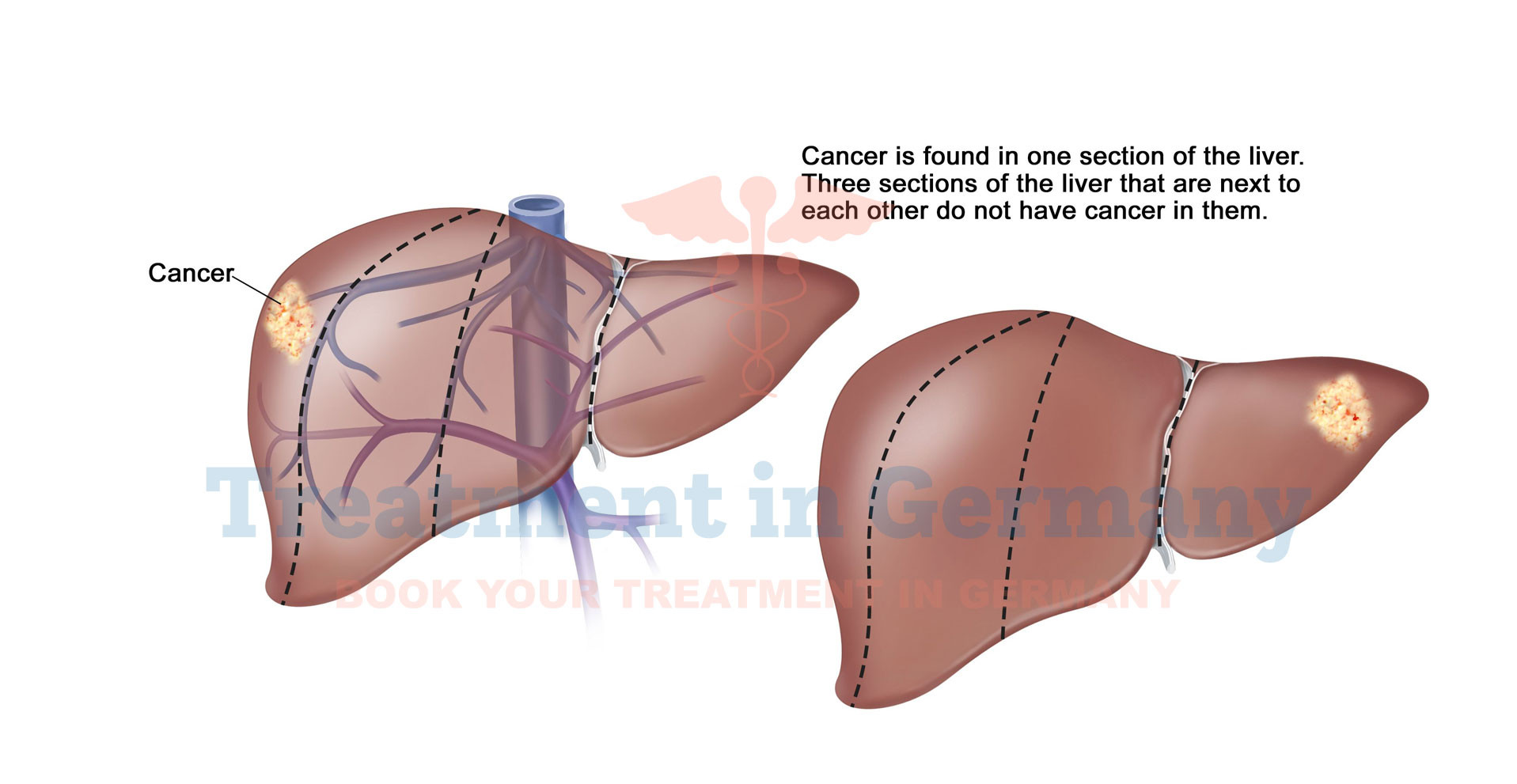What is Hepatoblastoma?
Hepatoblastoma is a rare type of liver cancer that primarily affects young children, typically under the age of 5. It develops in the cells of the liver and can grow rapidly if not detected and treated early.
Although the exact cause is often unknown, some cases are associated with genetic conditions or birth defects affecting the liver.
Side Effects of Hepatoblastoma
The symptoms and side effects of hepatoblastoma can vary depending on the size and location of the tumor.
Common signs include abdominal pain or swelling, weight loss, loss of appetite, nausea, and jaundice (yellowing of the skin and eyes). As the tumor grows, it can also put pressure on nearby organs and cause additional complications.
How is Hepatoblastoma Diagnosed?
Diagnosing hepatoblastoma typically involves a series of tests and procedures to confirm the presence of a tumor and determine its extent. These may include:
Potential Treatment of Hepatoblastoma
Treatment for hepatoblastoma depends on several factors including the child's age, the size and location of the tumor, and whether the cancer has spread beyond the liver. Common treatment options may include:


.webp)
 (1).webp)

.webp)
 (1).webp)


.webp)
 (1).webp)

.webp)
 (1).webp)
